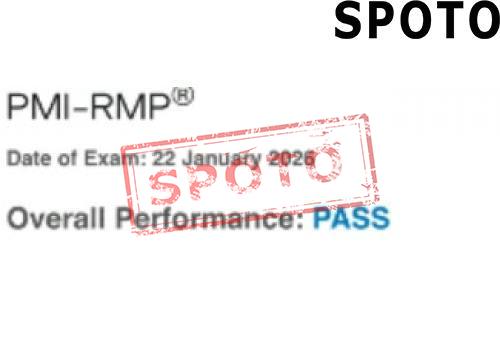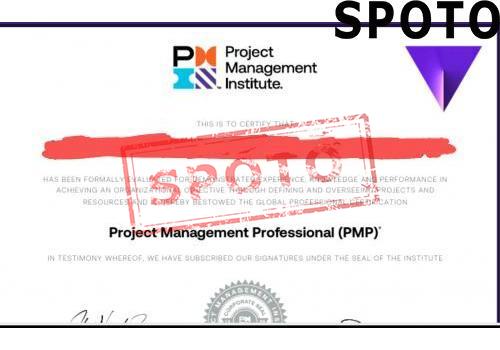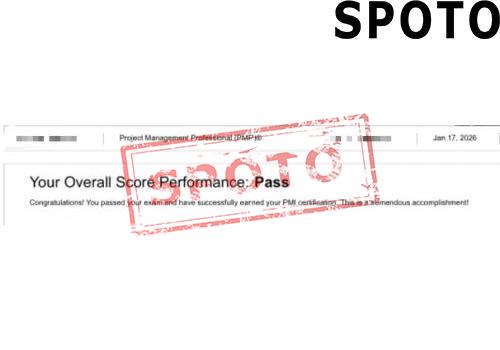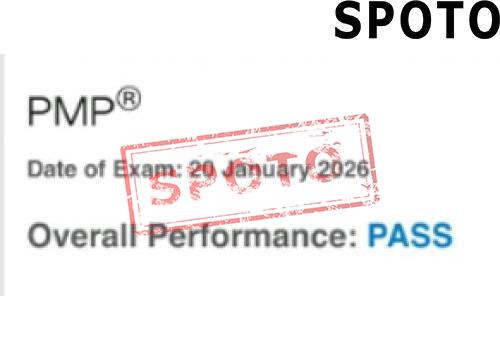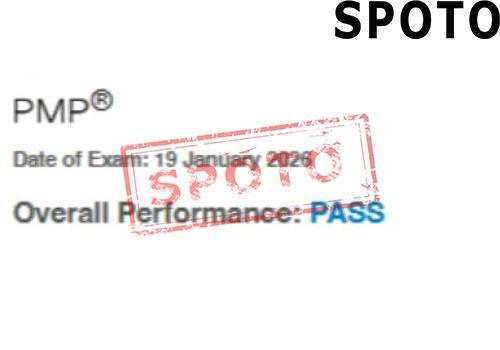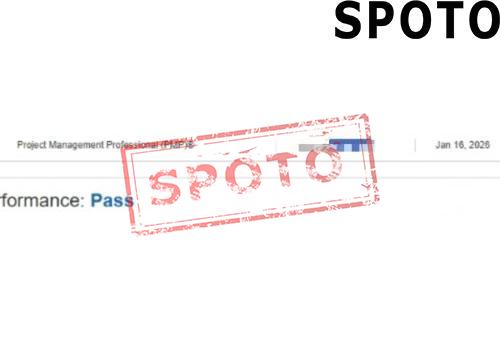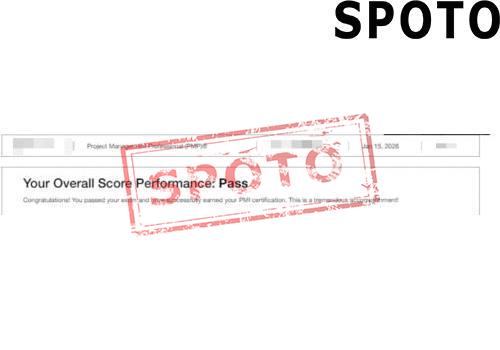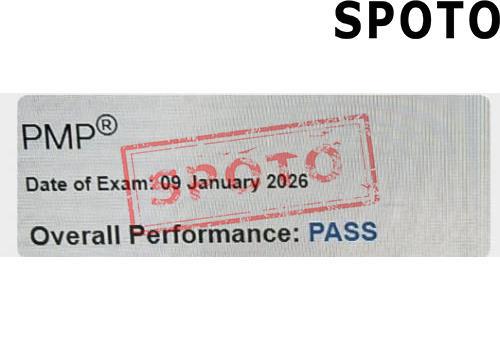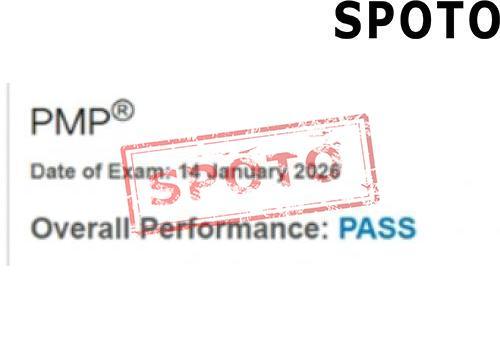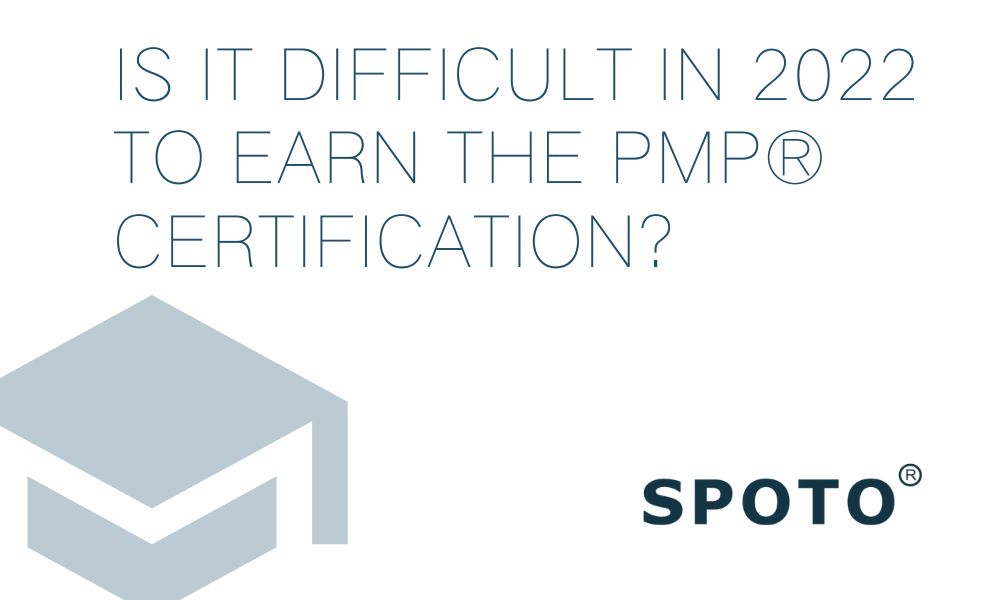
Is It Difficult in 2026 to Earn the PMP® Certification?
To earn the PMP certification, you must meet specified Project Management Institute (PMI) requirements and successfully complete a demanding certification exam. Though challenging, obtaining the PMP certification is not impossible.
By reading this guide, you can learn more about the exam's challenges and how to acquire this project management certification.
Is earning the PMP Certification challenging?
Is the failure rate known?
Although some sources could mention a failure rate or a PMP score that qualifies, these are only estimates, and the majority of the time they are inaccurate. There definitely isn't a strict ratio of correct to incorrect answers to determine whether you pass or fail the exam because it is scored using psychometric analysis.
A PMI-approved testing facility will grade your exam and rate your knowledge, skills, and aptitude while taking into account the difficulty of each question. Imagine answering all of your simple questions accurately but all of your complex questions poorly. In that instance, the difficulty of your questions will be taken into account when calculating your score, and you will probably fail the PMP exam.
Your scoring will differ from any other candidate's because each PMP certification exam has a separate set of questions. While another applicant might successfully answer 70% of their queries and fail, you might successfully answer 65% of your questions and pass.
Visit our website on what to aim for in PMP exam practice tests for more details on the predicted failure rate and a passing score for the PMP exam.
The PMP Certification exam is how challenging?
One of the challenges of the PMP exam is the breadth of knowledge you must be able to comprehend. You should be knowledgeable about the best practices that are regularly used in managing current projects. Your knowledge base should include:
1. People, Process, and Business Environment are the three domains of the PMP Exam Content Outline (ECO)
2.35 many duties connected to these domains
3. Different competencies are necessary for qualified project managers in all businesses.
4. The techniques to project management that are predictive (also known as waterfall), Agile, and Hybrid
5. Useful mathematical concepts and formulas for the PMP
Complex Questions
Studying each question attentively is essential because the PMP exam's questions could be somewhat lengthy. As the exam goes on, this could get much more challenging because you have to maintain your patience and concentrate for over four hours straight. Additionally, you might need to sort through irrelevant data to determine what is and isn't essential for the answer.
Following are some suggestions to help with these challenging questions:
1. Read the final sentence to help you focus on the most critical information.
2. Study proportional formulas. Although the new PMP exam may not contain nearly as much math as previous versions, you should be familiar with all the procedures to swiftly and correctly interpret any arithmetic questions.
3. Highlight any study material that you find especially difficult. You could fail the PMP exam if you perform well in all areas but exceptionally poorly in one. Instead, make the extra effort to comprehend the most challenging places.
How to enhance the likelihood that you will pass the PMP exam
The PMP exam is a difficult certification examination that needs a great deal of dedication, motivation, and self-control both before and during the trial. Utilize these study strategies to get ready for the PMP test and obtain this in-demand credential. Despite how challenging it is, if you use these study strategies, you stand a good chance of passing the test.
SPOTO was one of the first businesses to provide online PMP certification training. If you want to develop your career, start preparing for the PMP Certification Online Courses and Exam Simulators offered by SPOTO. You will be prepared for the certification tests with the help of these courses and practice questions, and they will enable you to ace the test the first time.
.png)


